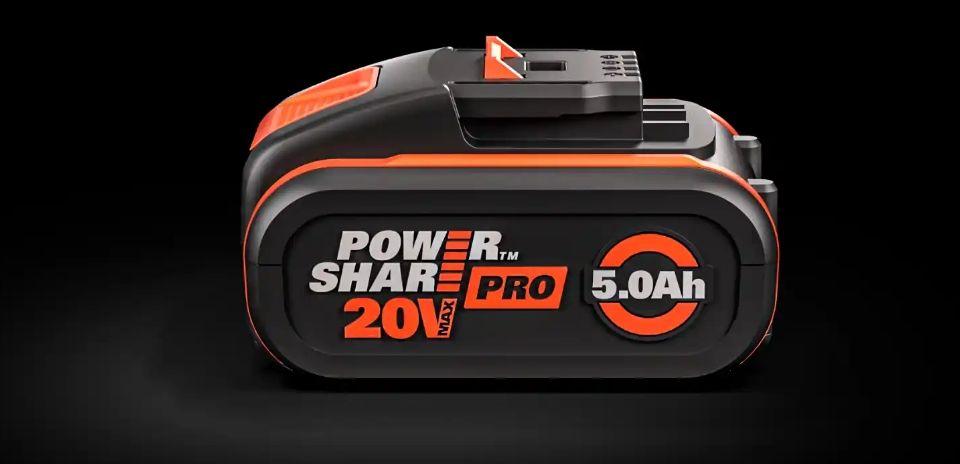
Doge Power Tool Battery
The fragmentation in cordless tool batteries isn’t just an inconvenience—it’s a sustainability crisis. Millions of batteries are discarded prematurely due to proprietary designs, generating avoidable electronic waste. This urgency underpins the DOGE (Development of Green Energy) Mandates, a regulatory framework driven by the U.S. Department of Energy (DOE) and environmental agencies. The mandates demand that by 2027, all power tool batteries sold in the U.S. must adhere to standardized voltage tiers (e.g., 12V, 18V, 36V), universal communication protocols (like CAN bus), and interchangeable physical interfaces. Manufacturers failing compliance face phased penalties, while third-party auditors verify implementation. The goal: reduce e-waste by 40% and empower users with cross-brand compatibility.
Manufacturers initially resisted, citing competitive differentiation and safety. Brands like DeWalt and Milwaukee leverage proprietary batteries as recurring revenue streams. As one engineer noted, “Our battery tech is integral to tool performance—standardization risks commoditization.”
Users, however, applaud the mandates. A survey by ToolGuyd revealed 78% of contractors waste 11–30 minutes daily swapping incompatible batteries. The DOGE framework promises:
As detailed in my previous analysis (Why Cordless Tool Batteries Aren’t Interchangeable):
Positec (parent of WORX) pioneered the PowerShare System—a rare open-architecture battery platform. Its core innovations:
Product Impact:
Users report 18% lower annual battery costs and 50% fewer chargers cluttering job sites.
Positec’s dual-path strategy bridges today’s reality and tomorrow’s standards:
| Approach | Implementation | Advantages | Limitations |
|---|---|---|---|
| Smart Adapters | Physical sleeves with microcontrollers | Instant compatibility; retrofits old tools | Adds bulk (e.g., +150g weight) |
| New Ecosystem | DOGE-compliant batteries with API-driven BMS | Future-proof; auto-optimizes per tool | Requires tool redesign |
The adapters act as “universal translators,” interpreting protocols between brands via CAN bus emulation. Long-term, Positec’s AXON platform—a cloud-managed BMS—will natively support DOGE standards, enabling real-time battery health tracking and predictive maintenance.
The DOGE Mandates and systems like PowerShare signal an industry pivot: from walled gardens to open collaboration. Expect “battery-as-a-service” models, where users lease standardized packs tailored to task demands. As battery passports (tracking carbon footprint per cell) become mandatory in the EU and California, universal designs will simplify compliance. For pros and DIYers alike, the days of juggling incompatible chargers are numbered—and the planet will breathe easier for it.